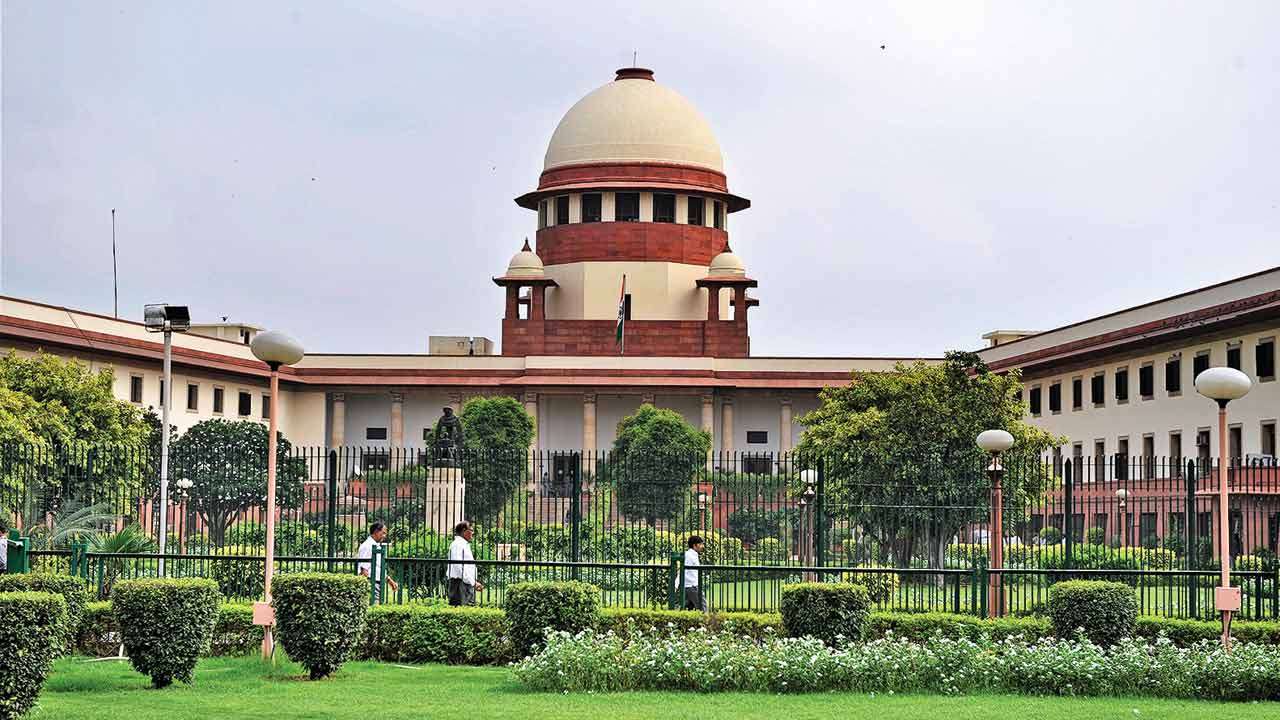

By Sunil Garodia
First publised on 2021-12-27 10:08:23
CJI NV Ramana's lament that the executive has a tendency to ignore court orders and it is a cause for worry is timely. Governments, both at the Centre and the states, are the biggest litigants in India courts. They, through their various departments or bodies, sue people or are sued in turn by citizens aggrieved by any action or order of such departments and bodies. A majority of the huge backlog of cases in Indian courts either have the government as the plaintiff or the respondent. A major percentage of the time of all courts is spent in deciding these cases. If governments choose to ignore the orders, then the courts are entitled to think that they wasted their time. More importantly, it undermines the importance of the judiciary. It also results in justice not being delivered.
Most governments ignore court orders when it goes against them. If the order is favourable, government departments move with alacrity to take action. But when things are not in their favour, most departments choose to sit on court orders as if nothing happened. This, as the CJI said, is obviously worrying.
If court orders are not followed by the government, why file cases? It is obvious that not all cases will be decided in the government's favour. There are points of law which the government thinks are in its favour but which the court might not agree to. Hence, governments will have to respect the decision of the court and must act upon the orders once all legal avenues are exhausted.
We have heard a lot about the separate domains of the pillars of democracy. We have also heard about judicial overreach as well as executive overreach. But if the executive makes laws which are passed by the legislature, it must learn to respect the orders of the courts which interpret these laws as they were enacted by the legislature. Otherwise, the entire system of making laws and having courts to interpret them will be rendered pointless.











